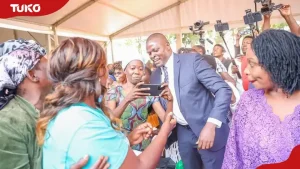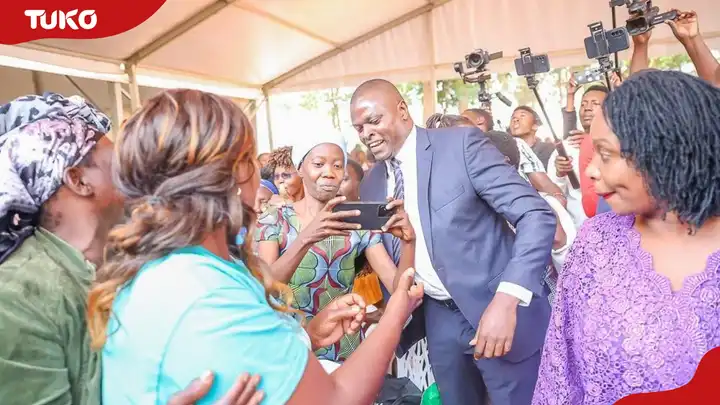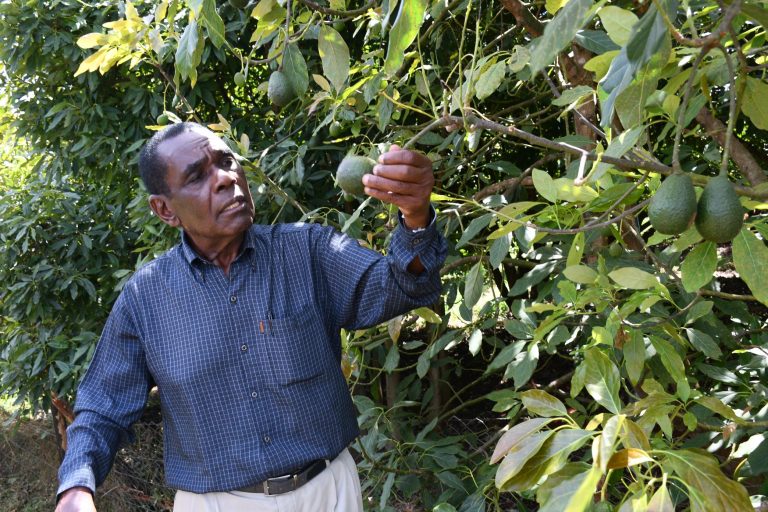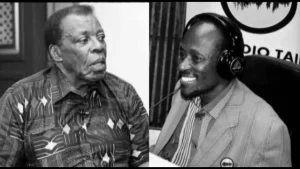The BBC has issued a strong rebuttal to allegations by Roads and Transport Cabinet Secretary Kipchumba Murkomen that its Africa Eye documentary Madams: Exposing Kenya’s Child Sex Trade was “a hoax.”
In a statement sent to Mpasho, the broadcaster described the investigation as “an important piece of public interest journalism” that exposed the exploitation of children in Kenya’s sex trade.
The film featured survivors of childhood sexual abuse recounting incidents that took place when they were underage, with all contributors over the age of 18 at the time of the interviews.
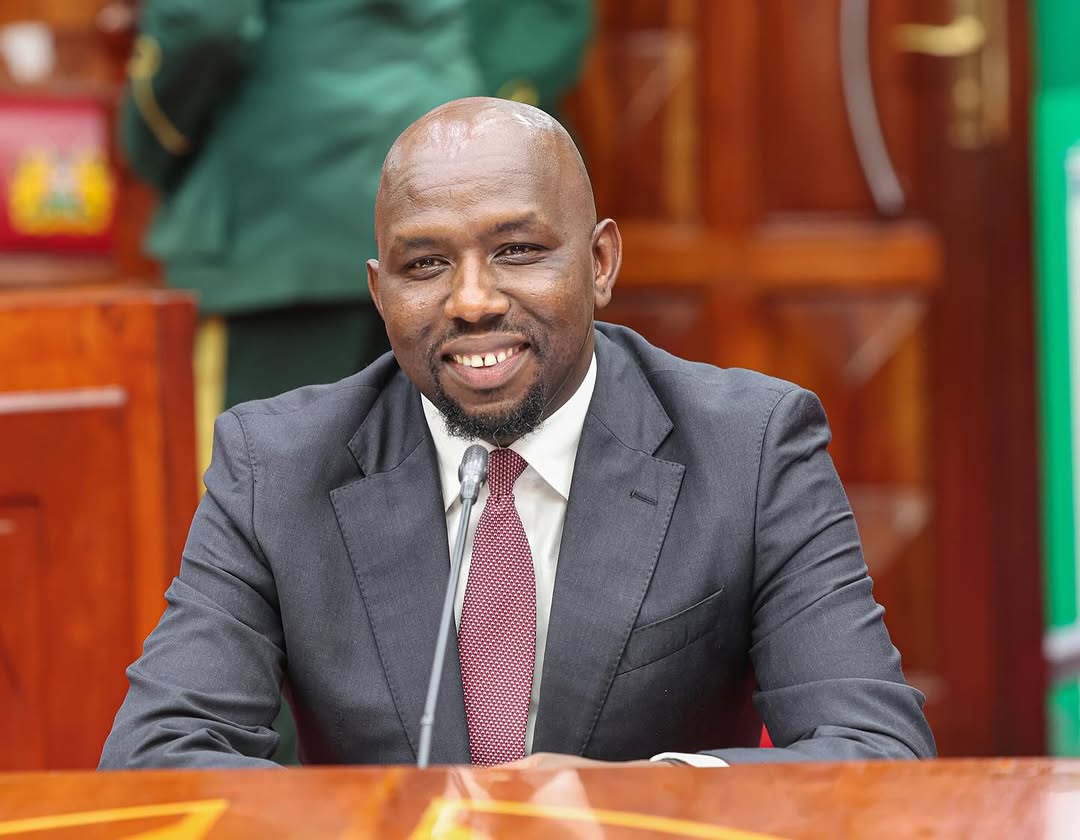
The BBC also expressed concern that after the documentary aired, survivors were interrogated “at length” by the Directorate of Criminal Investigations without legal representation.
It clarified that none of the participants had been paid, promised payment, or “coached” in any way, and emphasised its gratitude for their “brave contributions.”
The corporation further confirmed that the evidence collected was handed over to Kenyan police in March 2025, clearly identifying perpetrators of crimes against children as well as victims in urgent need of assistance.
“As detailed in the film, we originally handed the evidence gathered during the investigation to the Kenya police in March 2025 in which perpetrators of crimes against children were clearly identified, as were the victims who were in need of urgent assistance,” the statement noted.
Murkomen’s Position
Speaking in Parliament, Murkomen dismissed the BBC report as fabricated, insisting that those interviewed were not underage.
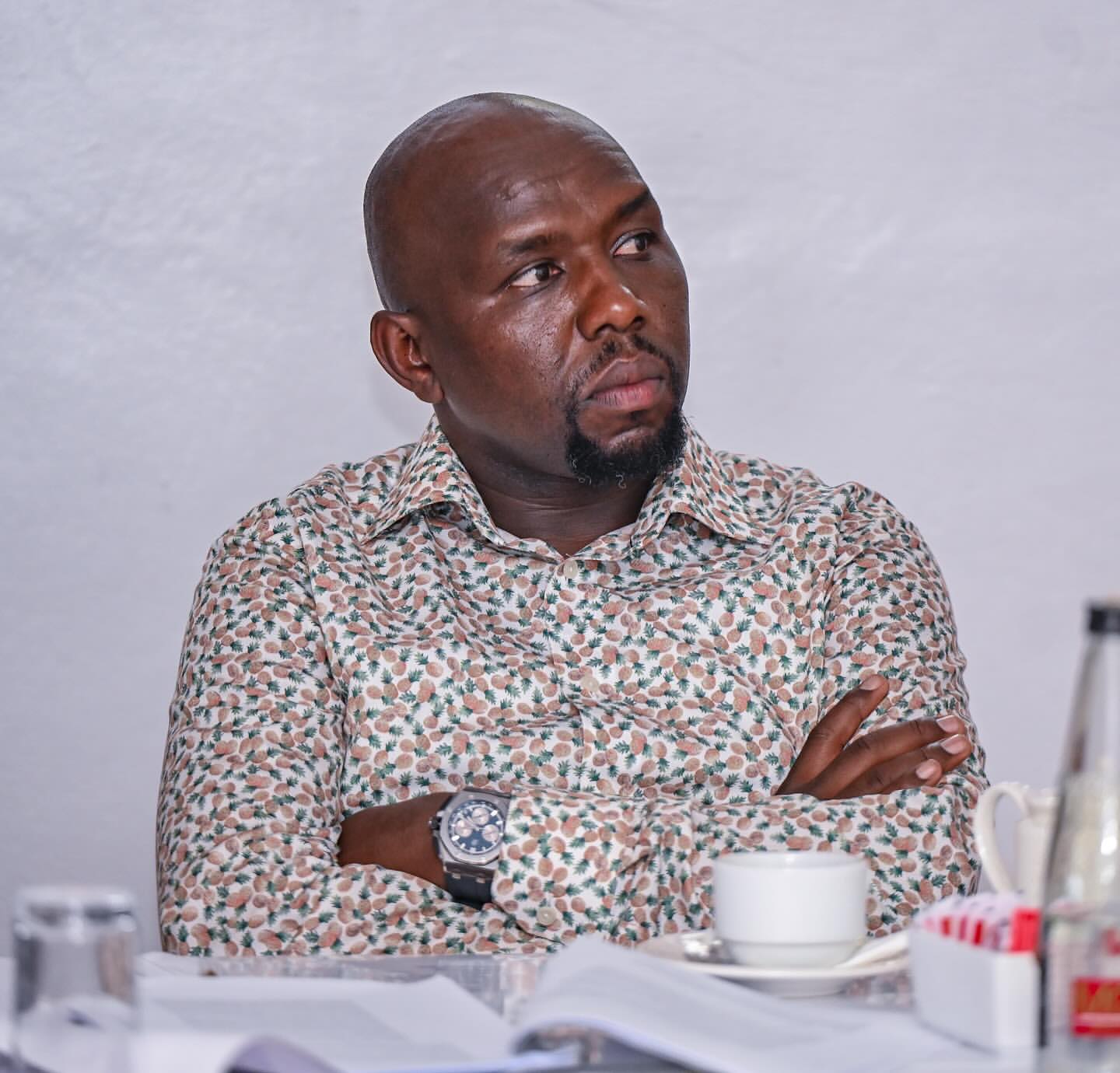
“We are confirming from this report that, Mr Speaker, the entire report was fake because the people who were interviewed were not underage,” Murkomen told MPs.
“That is not to say there may be no cases of sexual exploitation of young people in the country. The security agencies, including the anti-trafficking unit, have done tremendous work… But as far as the BBC documentary is concerned, it was a hoax. It was… planned, executed in a manner to portray that there were underage girls going through sexual exploitation, while in reality the people who were playing the game knew that they were not.”
He further raised ethical concerns over the broadcaster’s methods, questioning whether financial rewards had been promised in exchange for information.
“On the part of BBC, in so far as media ethics is concerned, it remains at large there to know… why would someone promise financial reward in case information is going to be shared? Was the financial reward intended to get a good story that can be aired by BBC and therefore improve the well-being of the reporter, or was it… part of the plan?”
Despite his criticism, Murkomen acknowledged that Kenya continues to face challenges in tackling human trafficking, including cases involving young people lured with promises of jobs abroad, as well as cross-border trafficking from neighbouring countries.
by esther njoroge


